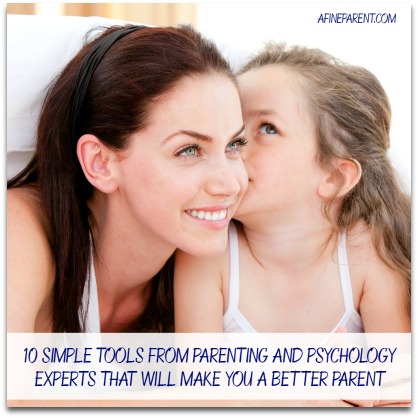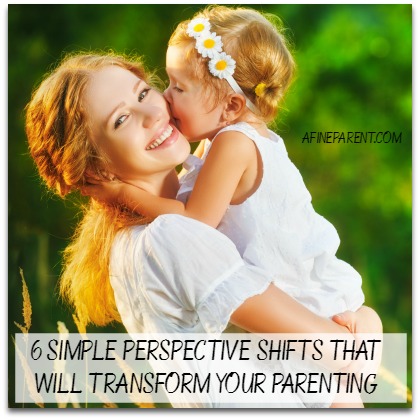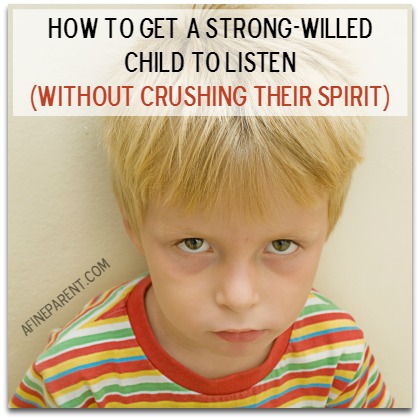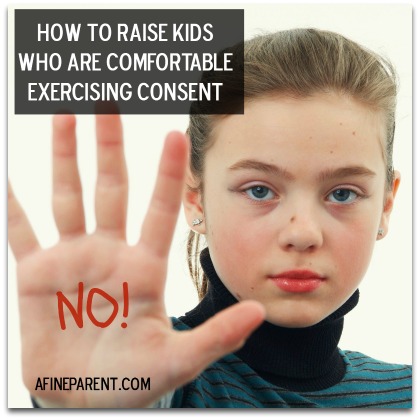 The summer is undoubtedly a testing time for any parent. While it’s great to see your child spending time exploring the great outdoors, it’s fair to say the sudden rise in temperature brings with it a unique set of challenges.
The summer is undoubtedly a testing time for any parent. While it’s great to see your child spending time exploring the great outdoors, it’s fair to say the sudden rise in temperature brings with it a unique set of challenges.
My little one, in particular, seems to be in the wars at this time of the year. The sudden rush of adrenaline he seems to get from playing outdoors quickly fades away, thanks to the zapping heat. If I don’t keep my eyes on him at all times, he’s an accident waiting to happen.
The good news, however, is that there are a number of preliminary steps that I’ve learnt to take over the years that have helped make the season much less stressful.
To help your little ones avoid any seasonal mishaps, I’ve brought together five of the most important things to take into consideration during the summer below:
 Why does parenting have to be so complicated!?!
Why does parenting have to be so complicated!?! Here’s a parenting conundrum for you…
Here’s a parenting conundrum for you… Here you are again, right in the middle of a public place, judgmental eyes glaring at you as you (not so) patiently wait to see if your strong-willed child follows your simple request.
Here you are again, right in the middle of a public place, judgmental eyes glaring at you as you (not so) patiently wait to see if your strong-willed child follows your simple request. I think we’ve all been there: the big family gathering filled with aunts and uncles, cousins and second cousins that you haven’t seen in ages, everyone laughing and catching up, the sounds of kids shrieking with playful laughter competing with the happy sound of adults catching up after far too long apart.
I think we’ve all been there: the big family gathering filled with aunts and uncles, cousins and second cousins that you haven’t seen in ages, everyone laughing and catching up, the sounds of kids shrieking with playful laughter competing with the happy sound of adults catching up after far too long apart.